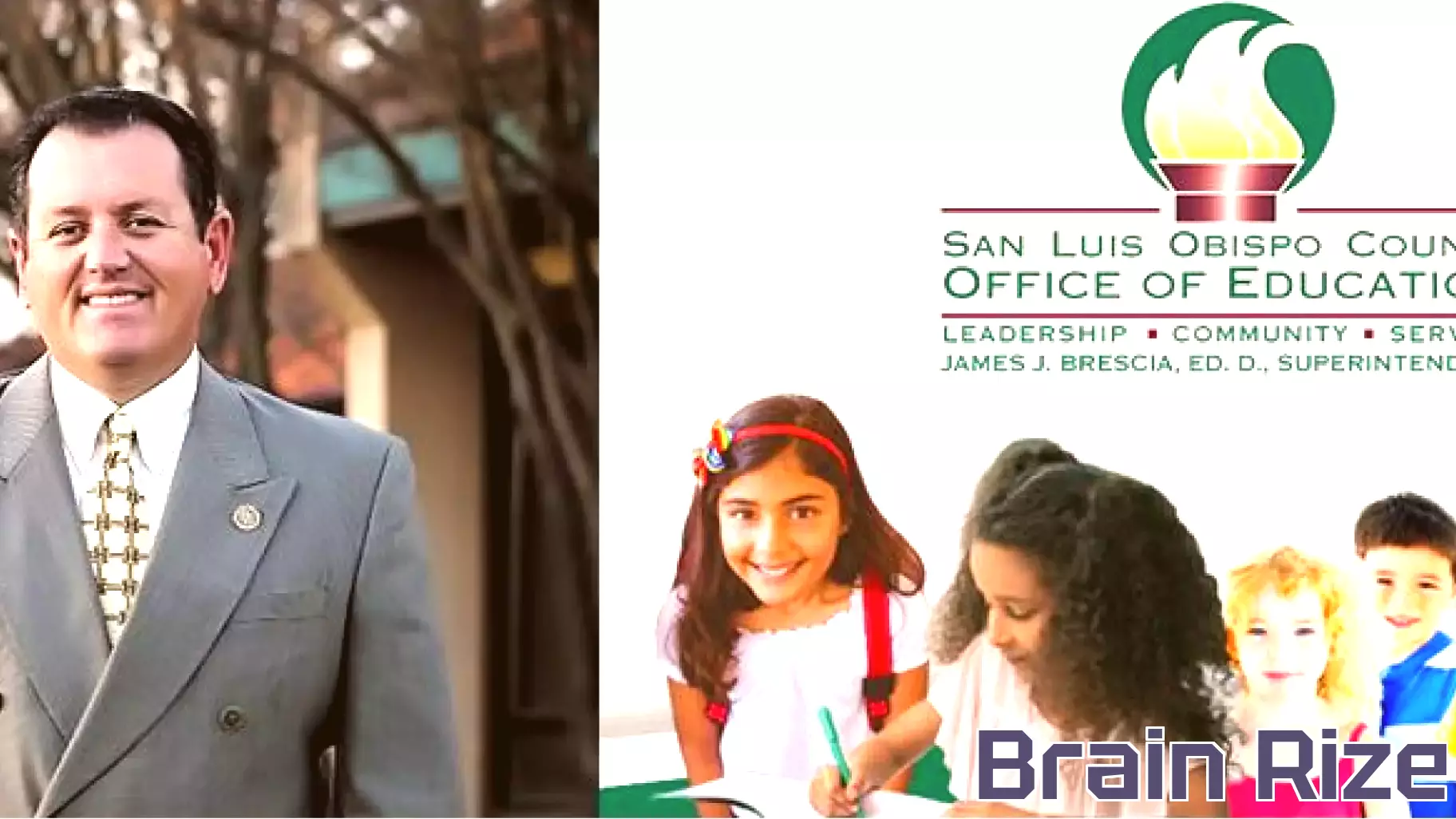Balancing Religion and Education in Public Schools
December 22, 2024 - 05:20

In recent discussions surrounding public education, the intersection of religion and schooling has emerged as a focal point. Many educators and policymakers are grappling with how to navigate the complexities of incorporating religious perspectives within a secular curriculum. The challenge lies in ensuring that students receive a well-rounded education while respecting diverse beliefs and maintaining a neutral environment.
Advocates for religious education argue that understanding different worldviews is essential for fostering tolerance and inclusivity among students. They believe that discussions about various religions can enhance students' critical thinking skills and cultural awareness. Conversely, opponents warn that introducing religious content could lead to favoritism or discrimination, potentially alienating students from differing backgrounds.
As schools strive to create an inclusive atmosphere, the debate continues on how to effectively integrate discussions of religion without compromising the foundational principles of public education. Ultimately, finding a balanced approach is crucial for promoting a harmonious learning environment that respects both educational integrity and the diverse beliefs of students.
MORE NEWS

March 4, 2026 - 13:11
Winston-Salem/Forsyth County Schools Board of Education primary election resultsVoters have narrowed the field for the Winston-Salem/Forsyth County Board of Education, setting the stage for the November general election. The primary, held on March 5th, determined which...

March 3, 2026 - 18:24
Welcome to the Era of Relational Intelligence (SSIR)As artificial intelligence reshapes classrooms, workplaces, and our very social fabric, a crucial human skill is coming into sharp focus: relational intelligence. This era demands we cultivate the...

March 3, 2026 - 05:01
Does That 'SNL' Sketch Expose a U.S.-U.K. Gap on Tourette's Education?A recent `Saturday Night Live` sketch has ignited a pointed conversation about cultural differences in understanding Tourette`s syndrome. The comedy segment, which appeared to use the neurological...

March 2, 2026 - 05:29
Does US higher education need a ‘hard reset?’ Trump official outlines goalsAmerican colleges and universities are facing a potential transformation as new federal guidelines call for a fundamental reset of their operations. The proposed changes, outlined by a senior...